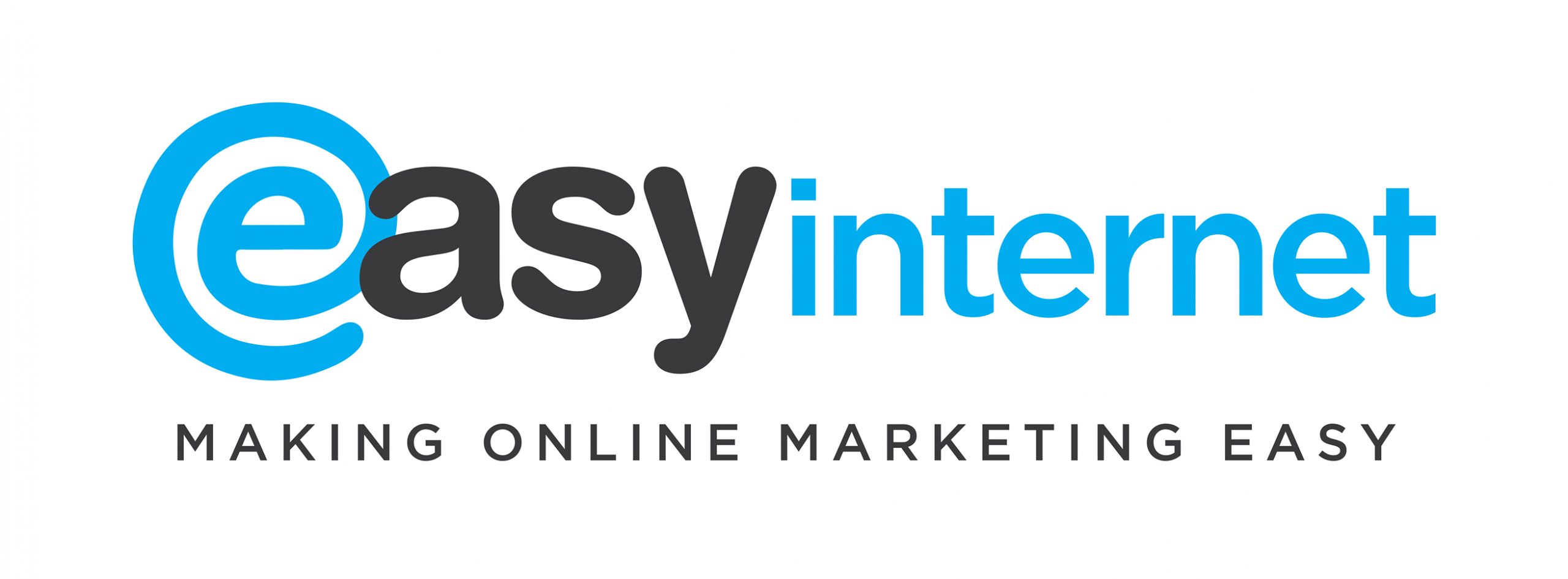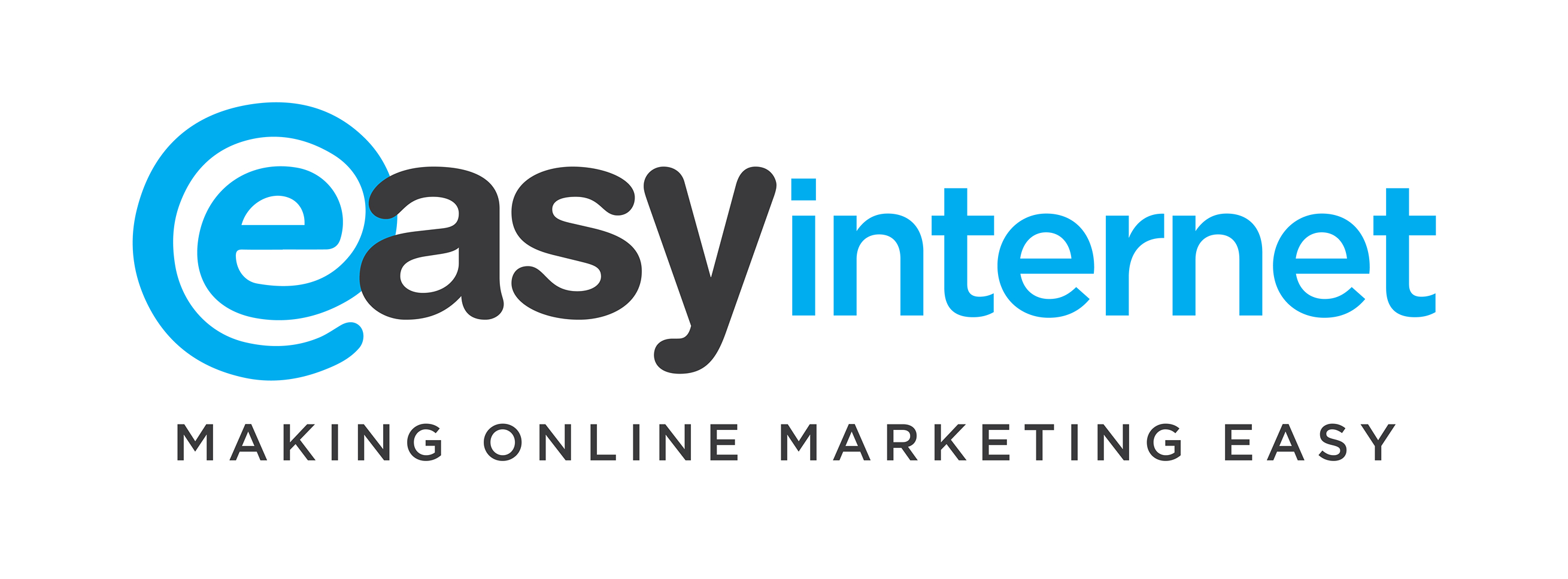In the ‘you’ section, we asked the question ‘What do you want the website to do for you?’. Knowing the answer to this question means that you can start to build an online store that works for you.
Managing Your Ecommerce Store More Effectively
If your main focus is to handle the administration more effectively, having an online store built with a system such as WooCommerce will allow you to manage your data and orders more effectively through the backend. Your admin login will display your individual dashboard showing analytics information such as sales by day, week, month, quarter, or year; along with top products and categories, revenue, vouchers used, VAT, and stock levels. The easy to use menus also allow you to generate and download reports – perfect for reporting to managers!
If your focus is better order management, the orders page allows you to easily view full order details as well as issue invoices, place orders on hold or cancel them completely by clicking on a single button. When the order is ready to go, a single click allows you to mark the order as shipped and the system issues a notification by email keeping your customer informed at every step of the way, allowing you to provide a high standard of customer service.
Integration With Existing Software
If you have a large product base, you may require integration with an accounts system such as Sage or QuickBooks which will allow you to synchronise your stock/costs with your website. With over 55,000 WordPress plugins available, you can quickly and easily connect your website to most major accounting systems in just a few simple steps.
Knowing what you want the website to do for you before you begin to build the online store means that your ecommerce developers can build the functionality into your store saving you time and money.

Easy Website Management With CMS
As a web design agency in Leicester, we understand how important it is for a business to be able to manage their own ecommerce store without using a third-party to make the changes.
If you do not have a great deal of technical knowledge but want to be able to manage your ecommerce updates in-house this means you will need to make sure that your website is built in a CMS system that will allow you to add and edit information on the website using a WYSIWYG editor.
All our websites include an easy to use CMS systems and drag and drop editors, allowing you to update products and page content as often as you need to without having to pay an agency to make the changes for you.
Hosting Your Ecommerce Store

Another very important aspect to consider is the hosting of your WordPress website. Very often people will search for the cheapest website hosting available which doesn’t always mean the most reliable or the best for your requirements.
Ecommerce websites can require a lot more space than a regular website (just think of all those product images and data!). You also need to consider the bandwidth allowance for your hosting package; larger online stores can attract vast amounts of visitors and whether they buy or not they eat away at your bandwidth.
When your bandwidth allowance has all been used up, the website won’t display until the limit resets – not great if your customers can’t get into your shop to buy!
Hosting can also affect your search engine rankings. Google uses site-speed (especially mobile performance) as a signal in determining website rankings, so it is a good idea to make sure your website loads quickly. Page load speed isn’t just important to search engines but also to your customers, remember – you only have 8 seconds to make an impression and the longer your page takes to load the more likely it is that the impression will be a bad one!
You may want to consider dedicated or cloud hosting to increase your site speed, this may cost you a little more but ultimately you would have a much larger disk space (allowing you to add vast quantities of data to your website) as well as providing a potentially unlimited bandwidth.
Integration With A Payment Gateway
Another important thing to consider is the payment gateway on your ecommerce website.
If you choose to include an on site payment gateway where customers enter their payment details directly on your website, you would require an SSL certificate to protect those details and avoid identity theft. Most browsers now include an alert indicating that a website isn’t secured if there isn’t an active SSL which puts most users off of placing an order.

Depending on the payment methods you choose to offer, you will have the option to have customers enter their card details directly onto your website or redirect them to an offsite payment gateway on a site such as PayPal. Your ecommerce web designer will be able to recommend the best kind of payment gateway for your needs.
A Website That Grows With Your Business
- How far will your ecommerce website be able to accommodate your growing business? If your orders dramatically increase, will your website be able to cope with this easily?
- How easy is it for your ecommerce store to be able to grow? Can new functionality be added easily or will this require a large amount of work to allow for store development?
- Although many businesses start out with a small ecommerce website, they can find that as little as a year down the line they require a more complex ecommerce store to handle the needs of their growing business. Investing in a more feature rich ecommerce website at the beginning can save time and money for your business in the long term – after all, your ecommerce store should bring you a good return on your investment, and once the sales start to flood in the store should pay for itself.
Ecommerce SEO And Social Media Marketing

Finally, you should consider how your business will be marketed online. It is important that the foundations for an ongoing SEO campaign are built at the same time as the website to give your new ecommerce store the best start. For a larger store, it may be impractical to optimise everything in one go, so focusing on optimisation and content updates for the main categories and pages is a good place to begin. For products, there are SEO plugins available that can be configured to autogenerate temporary tags using the on page content until an SEO expert can research relevant keywords and fully optimise the page.
You can also plan how the launch of the new site will be announced on social media platforms. Teaser posts, launch giveaways and promotions are great ways to build your audience. Your online marketing agency should also be able to create a catalogue of products on sites like Instagram and Pinterest that can be linked directly to your store, increasing awareness of your brand and generating new traffic.
If you require assistance with building and optimising an ecommerce store using WooCommerce, contact Easy Internet today for more information and a free, no obligation quote.
To read Parts 1, 2 & 3 of the discussion visit the links below:
Ecommerce & SEO: The important part you play
Ecommerce & SEO: Knowing your market
Ecommerce & SEO: Your People




